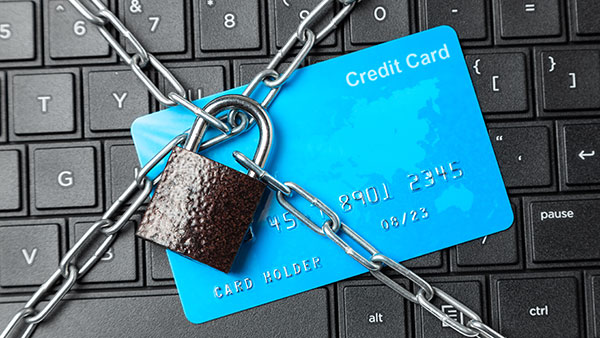With Black Friday, Christmas and end-of-year sales, online shopping and telephone scams are more common during this time of the year.
Never forget, fraudsters are cunning and good at scamming. Even the least gullible person can be taken for a ride when their guard is down. Be extra cautious when faced with an offer or a deal that seems too good to be true.
Online Shopping Scams
Each year more people are shopping online. Whether it be looking at amazing deals in the Black Friday and New Year sales or buying Christmas presents for friends and family, shopping online has its advantages – quick, convenient, no traffic jams, and no queues. Not just high street retailers, but online marketplaces like Facebook, Ebay, Amazon, TikTok, Instagram and Snapchat.
But with the convenience and shopping from the comfort of your home, comes the risk and threat of being scammed.
Where there is easy money to be had, fraudsters will sniff out an opportunity and cash in. It is extremely easy for scammers to setup fake email addresses and fake accounts on social media platforms and websites to advertise goods and services that don’t exist. These fakes can be tricky to spot, but there are tell-tale signs.
Here are a few things to look out for:
- The product or service is so much cheaper than anywhere else
- Scammers may try to create a sense of urgency to persuade you to do what they are asking
- Be wary if someone tries to convince you that you must act now
- Do not pay for something on the phone that you have not requested
- A seller asks you to pay by bank transfer instead of using the online platform’s checkout
- Their social profile was only setup recently or is not active in the familiar way, i.e. few posts or ‘friends’
- You receive an email or visit a website where the email or web address is not the same as on the genuine website
- Carefully read website & email addresses, especially from known companies such as Amazon, Facebook and banks for different spellings or spurious characters – i.e. amazon1.co.uk, amazon-team.co.uk, amzon.co.uk are all different domain names to Amazon.co.uk and are trying to look genuine
- Do not follow links, open email attachments, or call numbers from unknown sources or banks where you know you don’t have an account
It is easy to drop your guard, especially when there’s a great deal to be had. Always try and remain cautious and consider whether you are in the right frame of mind to go ahead with a purchase. Stay clear of online browsing if you are tired or inebriated.
There are plenty of great online shopping deals to be had. But be vigilant and never go ahead with a purchase if you have any doubts of its validity.
Is it really your bank on the phone?
Fraudsters will call you pretending to be from your bank or an organisation or department tackling fraud. The reason people are duped is because the callers sound professional, convincing and very believable. They may tell you of a security risk or fraud that they are addressing. Whatever you do, do not volunteer your bank or personal details. They may say they are from an anti-scamming or financial organisation that oversees all banks and credit cards, but there isn’t one.
If you receive a call:
- Do not give out any personal or financial information
- Do not give out any security details or the PIN for your card
- Never agree to move your money to a ‘safe account’
- Never download anything that gives someone access to your device, remotely
If anything suggests to you that this might be scam, ask for their name and telephone number, and suggest you will ring them back.
Report a Scam or a Potential Scam
By reporting all online scam attempts, even when you have thwarted the attempt, will help banks, governmental departments, and other organisations in their endless fight against the ever-increasing prevalence of online scamming.
Call 159 – this service quickly redirects you to your bank, so you can report scams and suspected fraudulent contact.
Be Vigilant. Be Aware. Stay Safe.




